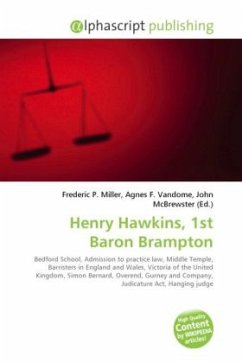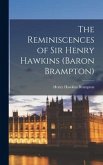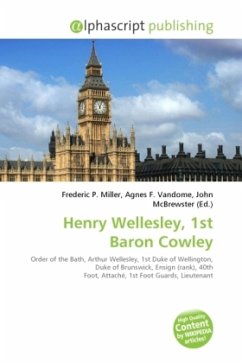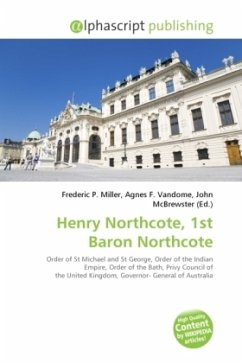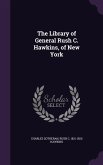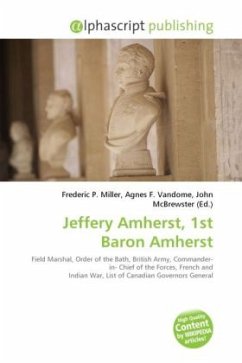Born at Hitchin, he was the son of a solicitor, and was early familiarized with legal principles. He received his education at Bedford School, and was called to the bar at the Middle Temple in 1843. He at once joined the old home circuit, and after enjoying a lucrative practice as a junior, became a barrister in 1859. His name is identified with many of the famous trials of the reign of Queen Victoria. He was engaged in the Simon Bernard case, in that of Roupell v. Waite, and in the Overend-Gurney prosecutions. The two causes célèbres, however, in which Hawkins attained his highest legal distinction were the Tichborne trials and the great will case of Sugden v. Lord St. Leonards. In both of these he won. He did a lucrative business in references and arbitrations, and acted for the royal commissioners in the purchase of the site for the new law courts. Election petitions also formed another branch of his extensive practice. Hawkins was raised to the bench in 1876, and was assignedto the then exchequer division of the High Court, not as baron (an appellation which was being abolished by the Judicature Act), but with the title of Sir Henry Hawkins.
Bitte wählen Sie Ihr Anliegen aus.
Rechnungen
Retourenschein anfordern
Bestellstatus
Storno

